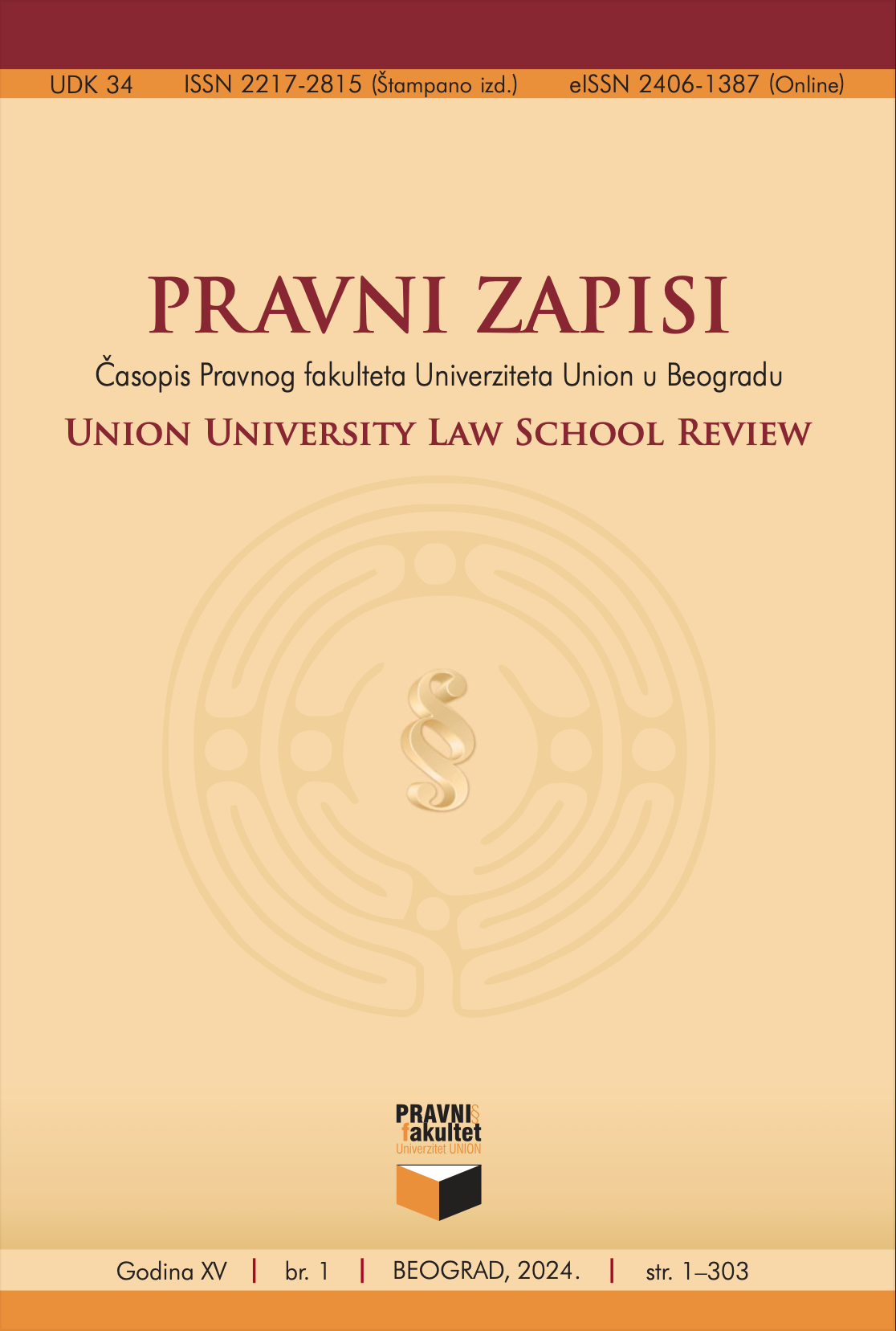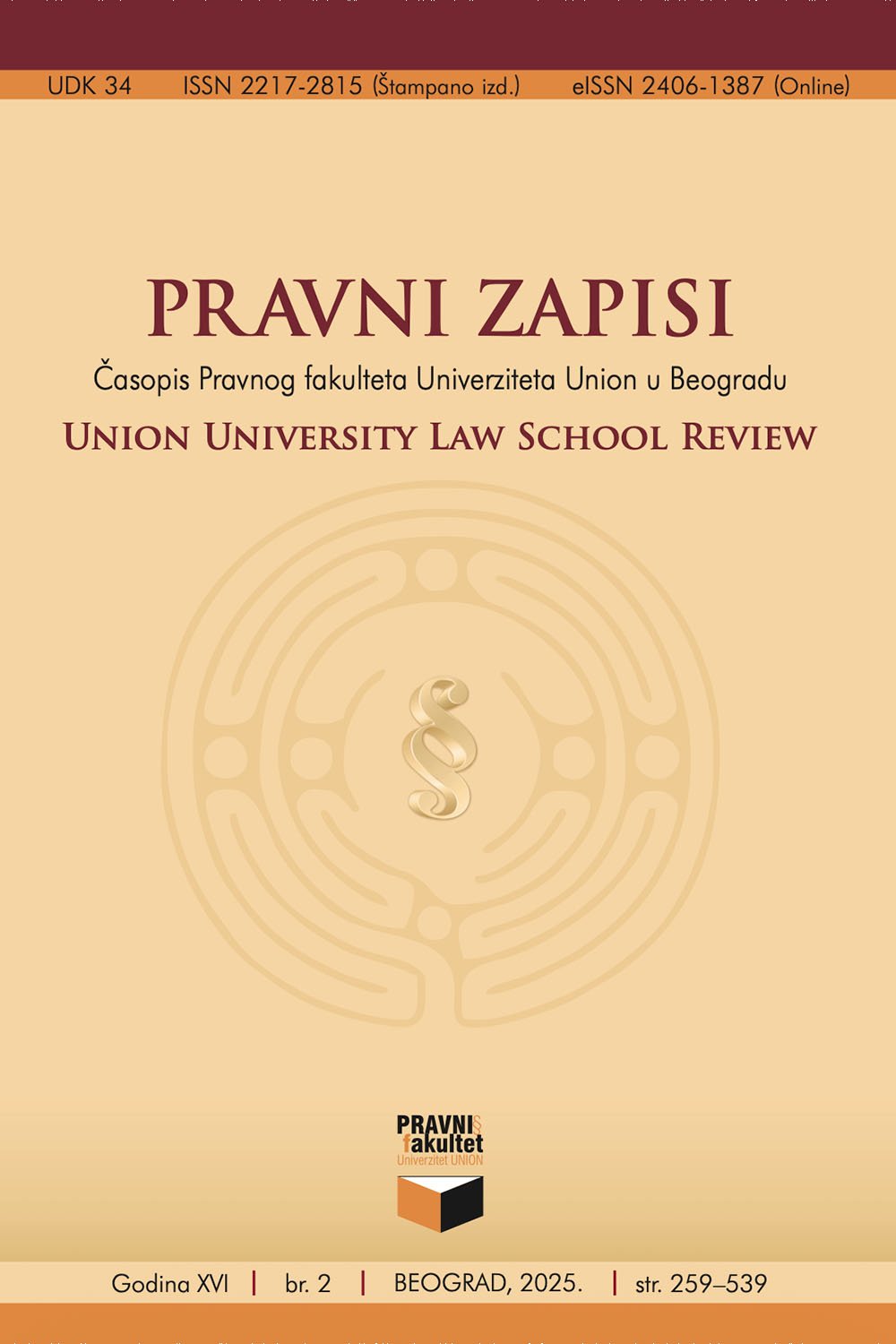PRAVNI ZAPISI • Year XV • No. 1 • pp. 218–238
APPROACHING QUIET QUITTING FROM THE LABOR LAW PERSPECTIVE: A CASE STUDY OF HUNGARIAN AND SERBIAN LEGISLATION

Bernadett Solymosi-Szekeres
Assistant Professor, University of Miskolc, Faculty of Law, Miskolc, Hungary
e-mail: bernadett.solymosi-szekeres@uni-miskolc.hu
ORCID ID: https://orcid.org/0000-0001-9133-4732
Sanja Stojković Zlatanović
Senior Research Associate, Institute of Social Sciences, Belgrade, Serbia
e-mail: sanjazlatanovic1@gmail.com
ORCID ID: https://orcid.org/0000-0001-7753-0876
Pravni zapisi, No. 1/2024, pp. 218–238
Review Article
DOI: 10.5937/pravzap0-50313
KEY WORDS
Quiet quitting, Hustle culture, Always-on culture, Labor law perspective, Employment contract breach, Hungarian legislation, Serbian legislation.
ABSTRACT
The paper explores the quiet quitting phenomenon, its origin, and evolution, by applying theoretical, legal normative, and comparative methods. It particularly examines how quiet quitting can be understood through the lens of labor law, by analyzing the provisions of Hungarian and Serbian labor legislation dealing with worker’s rights and duties. Quiet quitting has been considered workers’ psychological response to hustle culture and always-on expectations. It is a specific self-protection mechanism in a digitalized world of work, wherein the worker fulfills only the minimum work duties, without going above and beyond the employment contract. Therefore, it is hard to argue for the employment contract breach whereas approaching from an organizational management perspective is much more adequate, while also applying the decent work approach.

